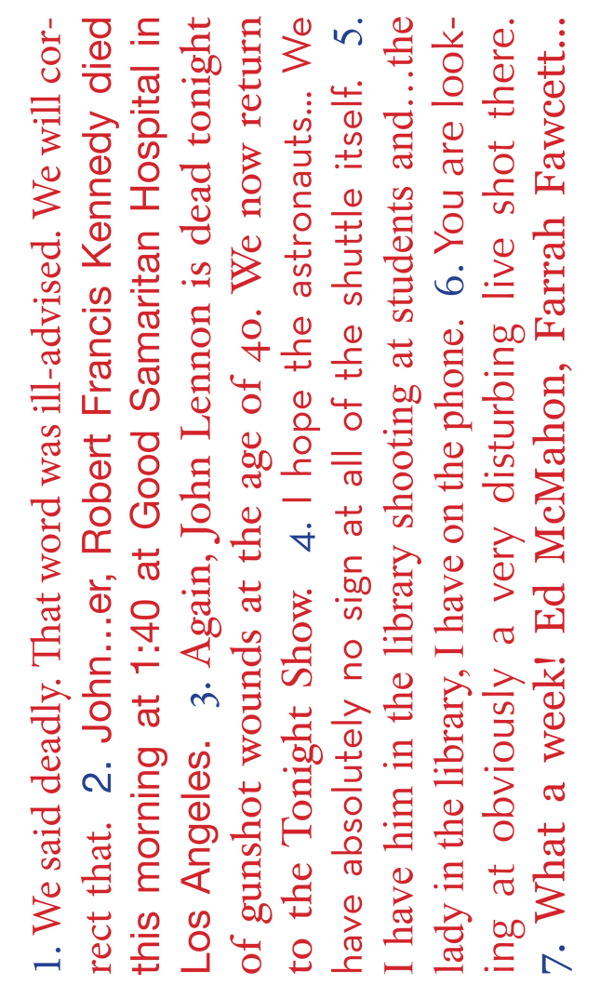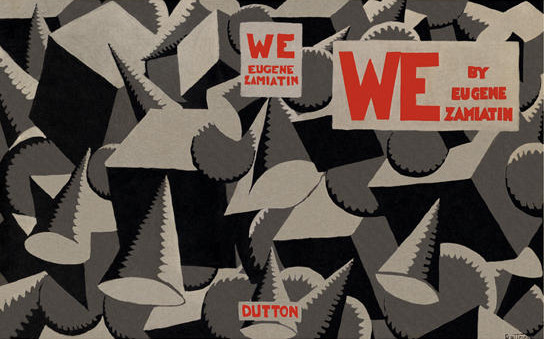Alice Oswald: Memorial: A Version of Homer’s Iliad (2011–)
Filed under book, fiction | Tags: · antiquity, classics, mythology, poetry, war

“In this daring new work, the poet Alice Oswald strips away the narrative of the Iliad—the anger of Achilles, the story of Helen—in favor of attending to its atmospheres: the extended similes that bring so much of the natural order into the poem and the corresponding litany of the war-dead, most of whom are little more than names but each of whom lives and dies unforgettably and unforgotten in the copious retrospect of Homer’s glance. The resulting poem is a war memorial and a profoundly responsive work that gives new voice to Homer’s level-voiced version of the world. Through a mix of narrative and musical repetition, the sequence becomes a meditation on the loss of human life.”
First published as Memorial: An Excavation of the Iliad, Faber and Faber, 2011
With an Afterword by Eavan Boland
Publisher W. W. Norton, 2012
ISBN 9780393088670
90 pages
Alice Oswald reads an extract from Memorial (video, 3 min)
Interview (Max Porter, White Review, 2014)
Reviews: Kellaway (Observer, 2011), Womack (Telegraph, 2011), Economist (2011), Logan (New York Times, 2012), Guriel (PN Review, 2012), King (Make, 2012), Stopa-Hunt (Oxonian Review, 2012), Spears (Rumpus, 2014).
Commentaries: Harrop (New Voices in Classical Reception Studies, 2013), Farrier (Environmental Humanities, 2014).
Publisher (Faber)
Publisher (Norton)
WorldCat
EPUB (updated on 2019-10-11)
Comment (0)Kenneth Goldsmith: Seven American Deaths and Disasters (2013)
Filed under fiction | Tags: · language, mass media, media, tragedy, united states

“What are the words we use to describe something that we never thought we’d have to describe? In Seven American Deaths and Disasters, Kenneth Goldsmith transcribes historic radio and television reports of national tragedies as they unfurl, revealing an extraordinarily rich linguistic panorama of passionate description. Taking its title from the series of Andy Warhol paintings by the same name, Goldsmith recasts the mundane as the iconic, creating a series of prose poems that encapsulate seven pivotal moments in recent American history: the John F. Kennedy, Robert F. Kennedy, and John Lennon assassinations, the space shuttle Challenger disaster, the Columbine shootings, 9/11, and the death of Michael Jackson. While we’ve become accustomed to watching endless reruns of these tragic spectacles—often to the point of cliché—once rendered in text, they become unfamiliar, and revealing new dimensions emerge. Impartial reportage is revealed to be laced with subjectivity, bias, mystery, second-guessing, and, in many cases, white-knuckled fear. Part nostalgia, part myth, these words render pivotal moments in American history through the communal lens of media.”
Publisher powerHouse Books, New York, 2013
ISBN 9781576876367
176 pages
via Marcell Mars
Interview (Christopher Higgs, Paris Review, 2013)
Reviews: Dwight Garner (NYT, 2013), Douglas Luman (Found Poetry Review, 2014).
EPUB (updated on 2015-10-9)
Comment (0)Yevgeny Zamyatin: We (1924–) [EN, DE, CZ, FR, ES, YU, SK, RU, CR, TR, GR]
Filed under fiction | Tags: · machine, science fiction, technology

“Shortly after the nascent Soviet government consolidated its power and launched a program of rapid industrialization, Yevgeny Zamyatin’s novel We (written 1920-21) scandalously questioned the validity of techno-scientific instrumentality, a central principle of societal transformation in Soviet Russia. The first major work of fiction to be censored by the new regime, the novel was smuggled to the West, translated into English, and became an ur-text of twentieth-century science fiction, in particular standing, alongside Aldous Huxley’s Brave New World and George Orwell’s 1984, as progenitor of a new anti-utopian subgenre warning of the mass cultural homogenization of humanity in the name of progress. Set in a future totalitarian OneState, the novel records the internal conflict and gradual self-awakening of the initially robotlike rocket engineer D-503, torn between his faith in state orthodoxy and yearning for perfect order, on the one hand, and, on the other, his growing awareness of his own disorderly, irrepressible, idiosyncratic subjectivity. The catalyst of this subversive development is the act of writing—paradoxical insofar as this act functions, in the totalitarian system envisioned by the novel, as one of the instruments of the state’s all-pervasive control. […]
Zamyatin’s anti-utopian novel establishes a counterpoint to the purely instrumental technologies conceived by technophiles and tech-nophobes alike insofar as the author consistently deprives technology of its defining characteristic in Industrial Age culture, namely, its functionality. In its place, We imbues technology with various human traits, transforming machines into great vehicles for reflection. As opposed to the aspirations of Soviet ‘new men’ to become machines, Zamyatin’s text features ‘reflexive technologies’ in which pure instrumentality is marred by human idiosyncrasies. In this effort to aesthetically reassess technological potential, to view technology as a medium for contemplation rather than societal change, Zamyatin’s We takes its place within a canon of artistic works that responded to technological advancement with an urge not to exploit but to explore.” (from an essay by Julia Vaingurt, 2012)
The first unabridged Russian edition was published by Chekhov Publishing House in New York, 1952.
English edition
Translated and with a Foreword by Gregory Zilboorg
Introduction by Peter Rudy
Preface by Marc Slonim
Publisher E. P. Dutton, New York, 1924
Reprint, 1952
SBN 0525470395
218 pages
Wikipedia (EN)
We (English, trans. Gregory Zilboorg, 1924/1952)
Wir (German, trans. Gisela Drohla, 1958, EPUB)
My (Czech, trans. Vlasta and Jaroslav Tafels, 6th ed., 1969/2006)
Nous autres (French, trans. B. Cauvet-Duhamel, 1971)
We (English, trans. Mirra Ginsburg, 1972, 21 MB, no OCR)
Nosotros (Spanish, trans. Juan Benusiglio, 1972, unpag., Archive.org)
Mi (Serbo-Croatian, trans. Mira Lalić, 1978)
My (Slovak, trans. Naďa Szabová, 1990)
We (English, trans. Clarence Brown, 1993, MOBI), Audio book (torrent)
Мы (Russian, 2003, pp 211-368, DJVU)
Mi (Croatian, trans. Rafaela Božić Šejić, 2003)
We (English, 2006, trans. Natasha Randall, forew. Bruce Sterling, EPUB, added on 2019-1-16)
Biz (Turkish, trans. Algan Sezgintüredi, 2009)
Εμείς (Greek, trans. Ειρήνη Κουσκουμβεκάκη, 2011), HTML

